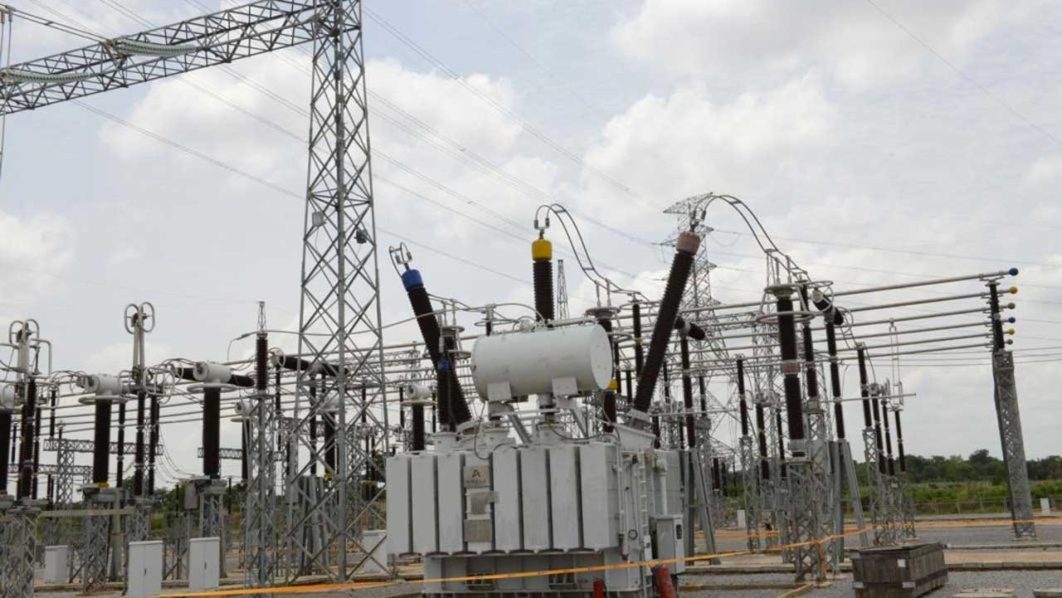
• Stakeholders insist TCN’s nonchalance caused persistent grid collapses
• Say infrastructure integrity risks worsening power supply
The Transmission Company of Nigeria (TCN) has commenced work on the faulty Ugwuaji – Apir 330kV Double Circuit transmission line. According to the TCN, it discovered the fault around 5 p.m. in the Igumale area of Benue State on Wednesday.
TCN said the “fault area of the transmission line, which measures about one span, was found to be a snapped 330kV transmission line located in the swampy forest of Igumale.
“Having made the discovery, arrangements are already ongoing to mobilise equipment and materials that would be moved to the site of the incident to enable TCN to commence repair works,” it said.
“Due to the difficult and swampy nature of the terrain, TCN would require moving a bulldozer and other materials for the repair works from the Enugu Regional office of TCN to the site of the incident. A Hiab vehicle would also be moved to Igumale to help TCN properly tension the transmission line.”
The tripping of the transmission line caused power outages across the North East and North West and parts of the North Central regions of the nation. However, stakeholders yesterday in Abuja attributed Nigeria’s frequent grid collapses to the mismanagement and outdated infrastructure of TCN. They insisted that the fact that TCN has nothing to lose and doesn’t get punished for violating market rules will continue to keep the power sector in disarray with expected cases of grid failures.
Speaking during a public hearing organised by the Nigerian Electricity Regulatory Commission (NERC) stakeholders drawn from across the power sector raised concerns over the lack of accountability within TCN and warned that without urgent reforms, the power supply situation could deteriorate further.
At the NERC hearing, stakeholders brainstormed strategies to address the persistent system disturbances as NERC Chairman Sanusi Garba stressed the importance of finding a lasting solution, noting the impact of the grid failures on power generation, distribution, and the broader economy.
“Today, we are here to take a deep dive into the issues affecting the national grid. These disruptions are not only affecting power producers and distributors but also the quality of supply to manufacturers and residential customers,” Garba said.
Managing Director of Mainstream Energy Solutions Limited, Audu Lamu called for a change of attitude, noting that there is a need to prioritise critical projects. “There is a need for a shift in attitude among stakeholders. Without proper alignment between commercial operators like us and key decision-makers at TCN, challenges will persist,” Lamu stated.
With more funding going into TCN but wrongly spent, stakeholders at the forum noted TCN’s complacency, emphasising that despite knowing what needs to be done—such as improving inventory management and conducting proactive maintenance—there has been little effort to implement lasting solutions.
They noted the dangers posed by TCN’s ageing infrastructure, revealing that essential equipment, including transformers and isolators, have not been replaced for decades as some of the transformers still carry nameplates from 1990.
During the hearing, the Executive Director of System Operations at TCN, Nafisat Ali admitted that recent outages were caused by equipment failures. She emphasized the need for a holistic approach to address challenges across the power sector value chain.
“Resolving the disturbances requires cooperation among all stakeholders, especially given that our grid is still largely operated manually,” Ali said while presenting some of TCN’s strategies for addressing the issues.
Representatives from generation companies, distribution companies, and private-sector participants urged the adoption of modern technologies, including transitioning to a smart grid, to improve reliability. They also stressed the need to address attitudinal issues that have hindered optimal grid operations.






